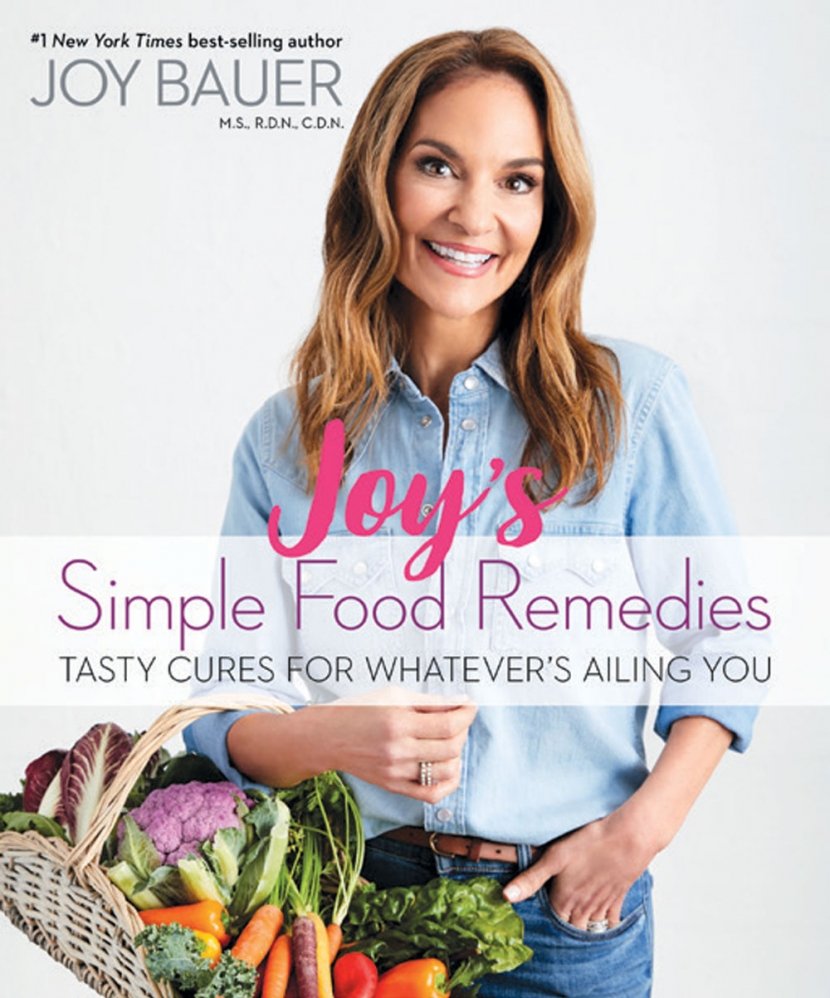
When you consume food, there are many different kinds of dietary fats. While most are harmless, some may not be. They may also increase your risk of weight gain. If you eat too much, you may have trouble losing weight. This problem can be avoided by limiting your intake of fat. How do you do this? First, identify the types and amounts of fat in your diet. They are classified into saturated, trans, and unsaturated.
It is important to understand the differences between unsaturated and saturated fats to help you eat healthy fats. Saturated fats are solid at room temperature, and they are found in animal products such as red meat, full-fat dairy products, and eggs. Other sources of saturated fats include coconut oil and palm oil. Monounsaturated, polyunsaturated fats and vegetable oils are both good for your body.

There are many types of dietary fats. Monounsaturated fats can be harmful to your health, while saturated fats are unhealthy. Saturated fats, which are the most harmful type of fat, should be avoided if you want to lose weight. However, saturated and trans fats have a negative impact on your health. It is best to limit your daily intake of saturated and trans fats to between five and ten g per day.
A moderate amount of saturated fat can be good for your health, but it is best to limit intake. Saturated oils can lead to weight gain, as well as increasing your chances of developing cancer or diabetes. Limiting your intake of saturated oil is important. By following these tips, you can make your diet more nutritious while reducing your overall calorie intake. The following foods are the most beneficial to your health.
The most dangerous are saturated fats. Saturated oils can lead to heart disease. But, they should be about five to six percentage of your daily calories. It is important to remember that saturated fats are allowed in your diet. The majority of fatty foods have a mix of fatty acid, so it's a good idea that you include them in your daily diet. If you're eating only one type of fat, you can choose to replace them with unsaturated ones.

Saturated Fats are the worst. These fats are highly harmful to your health. You should reduce your intake of saturated fats. You can gain weight by eating saturated fats. Your sodium intake should be monitored. The American Heart Association recommends that you limit saturated fats. For the best nutrition, eat more vegetables, fruits and whole-grain food.
There are two types. These dietary fats can come from plant-based and animal foods. Omega-3 fats are good to the heart. Saturated fats are bad for your heart. There are many other benefits they can bring to your health. Your heart is especially grateful for the omega-3 fats found in poultry and fish. They are essential to the health of your heart. If you eat foods rich in omega-3 fatty acids, your heart will thank you.
FAQ
How many calories should I consume daily?
This can vary from person to person. The average is 2000 - 2500 calories per day. It's important to assess your life style, gender, age and height in order to determine how much calories you need.
Do I have to do it every day?
No! You should do at least 30 mins of moderate-intensity activity 5 days per week. That could mean walking fast enough for you to get slightly out of breath and biking hard enough for you to sweat.
Can I consume alcohol while working out?
Yes. Alcohol can increase energy expenditure, speed up healing time, and reduce soreness.
Also, alcohol increases insulin sensitivity which makes it easier to absorb glucose.
Dehydration can result from alcohol, which can affect your metabolism. Alcohol can also lower testosterone production, which could lead to a decrease in muscle-building potential.
This is why women shouldn't have alcoholic drinks before exercising. Women who have consumed a lot of alcohol should wait at most 24 hours before working out.
It is important that women who are nursing avoid alcohol.
Men should only consume one drink per day.
Is it true to say that protein overeating can lead to kidney stones?
Protein is important for maintaining healthy bones and tissue. Over-consuming protein can result in calcium being excreted through the kidneys. This can cause kidney stones.
It is important to remember that not all people get kidney stones from eating more than 2g protein per kilogram (2.2lbs) of body weight. You don't have to eat a lot of protein to get kidney stones.
By watching how much sodium you consume, kidney stones can be prevented. The kidneys regulate the amount of sodium they consume. A high level of sodium can increase the risk of developing kidney stone.
You can also try reducing your protein intake if you get kidney stones. About half of adults' daily caloric intake is made up of protein. It is possible to lose weight by cutting down on your intake of proteins.
If you do decide to eat more protein, don't go overboard. Do not eat more than 20% of your daily calories from protein.
Which exercise is the best for men?
The answer will depend on what you are searching for. Cardio workouts can help you lose weight faster than strength training.
For those who want to gain muscle mass, strength training will be a better option, as it increases your lean body mass.
Both types can be used to improve your overall wellbeing.
I recommend HIIT, or sprint interval training, if you want fast results. This type of training can help you lose fat quickly and increase your metabolism. It also boosts your endurance to continue training even when you feel tired.
Statistics
- By John Thompson Take a whopping 38% off a set of PowerBlock Pros. (menshealth.com)
- According to the American Academy of Dermatology (AAD), men over 50 are at a heightened risk of developing it. (healthline.com)
- Cardmembers earn 5% Back at Amazon.com with a Prime Credit Card. (amazon.com)
- Candidates and applicants must pass all four tests at 70% (minimum level) to graduate from Basic Deputy U.S. Marshal (BDUSM) Training. (usmarshals.gov)
- According to the American Heart Association, blood pressure should be checked at least once every two years, beginning at age 20. (my.clevelandclinic.org)
External Links
How To
How can I exercise to burn fat?
Exercise can help you burn calories and increase your metabolism.
You'll lose weight safely if you exercise at moderate intensity.
These are the top tips for burning fat while you exercise.
-
Do cardio exercises such as walking, swimming, jogging, cycling, running, or elliptical training.
-
Exercise for 30 minutes three times per week.
-
Add strength training to your workouts if you are looking to lose more weight.
-
Avoid intense workouts. You can build muscle without breaking down muscle tissue.
-
Hydrate well during exercise. Water flushes out toxins and helps keep the body hydrated.
-
Choose low-fat protein shakes after working out. Protein shakes can help boost energy and repair muscles.
-
Take smaller meals throughout each day to avoid feeling hungry.
-
Don't skip breakfast! Skipping breakfast can lead to fatigue and sluggishness.
-
Take care of your mind. Stressful situations may slow down your metabolism.
-
Keep a positive attitude. Studies have shown that people who are convinced they are overweight gain more weight than those who feel they look attractive.
-
Get enough sleep. A lack of sleep makes it difficult to lose fat.
-
Stay active. Keep moving every hour.
-
Maintain a healthy diet. Eating right keeps you feeling full and satisfied longer.
-
Find ways to relax. Relaxing doesn't mean your body releases stress hormones which cause muscle tissue to be destroyed.
A balanced diet will provide all nutrients that are necessary for growth.
Six small meals per day is better than three large meals. This gives your body the time it needs to process what you've eat.
For strong bones to be maintained, you need approximately 500mg of calcium per day. Calcium can be found as a dairy product such as milk, yogurt and fortified soy drinks, orange juices, cereals, breads, and cereals.
Calcium is found in leafy vegetables, beans and tofu, as well nuts, seeds and cheese.
Your body needs vitamin D to absorb calcium. Vitamin D can be found in egg yolk, fatty fish, and other fortified foods.
Vitamin E plays an important role in skin health. It can be found as a vegetable oil, wheat germ, peanuts or almonds.
Your body requires zinc to function normally and for wound healing. Zinc can be found in seafood, legumes and meats.
Zinc deficiencies can lead to fatigue, decreased appetite, depression, and reduced immunity.
Insulin resistance is caused by eating too much sugar, which can increase blood glucose levels. Insulin resistance can lead to weight gain.
High levels of free radicals can lead to insulin resistance. Free radicals can be molecules with unpaired electrons that cause damage to cell membranes.
Food additives, pesticides and herbicides, as well as preservatives, smoking and radiation are all sources of free radicals.
Free radical damage can cause cancer, heart disease and diabetes, as well as arthritis, asthma, and other diseases.
The best way to avoid free radicals is to eat a balanced diet high in antioxidants. Antioxidants protect against oxidative damage.
Vitamin C is found in citrus fruits and beta carotene is found in carrots.
Selenium, copper and manganese are all antioxidant nutrients.
Selenium helps protect cells from oxidative damage caused by free radicals. Selenium may be found in Brazil nuts as well tuna, liver and kidneys. It can also be found on shrimp, cod, turkey, beef lamb, pork, chicken, and other foods.
Copper protects the eyes, brain, lungs, liver, and red blood cells. Copper is found in shellfishes, poultry, meat, organ meats, and other foods.
Manganese is essential for bone structure. Manganese can be found in brown rice and spinach as well as bananas, prunes raisins, oatmeal, lentils, and oatmeal.
Zinc is required for normal growth, reproduction and wound healing. Zn is found in lean meats, poultry, white fish and eggs.